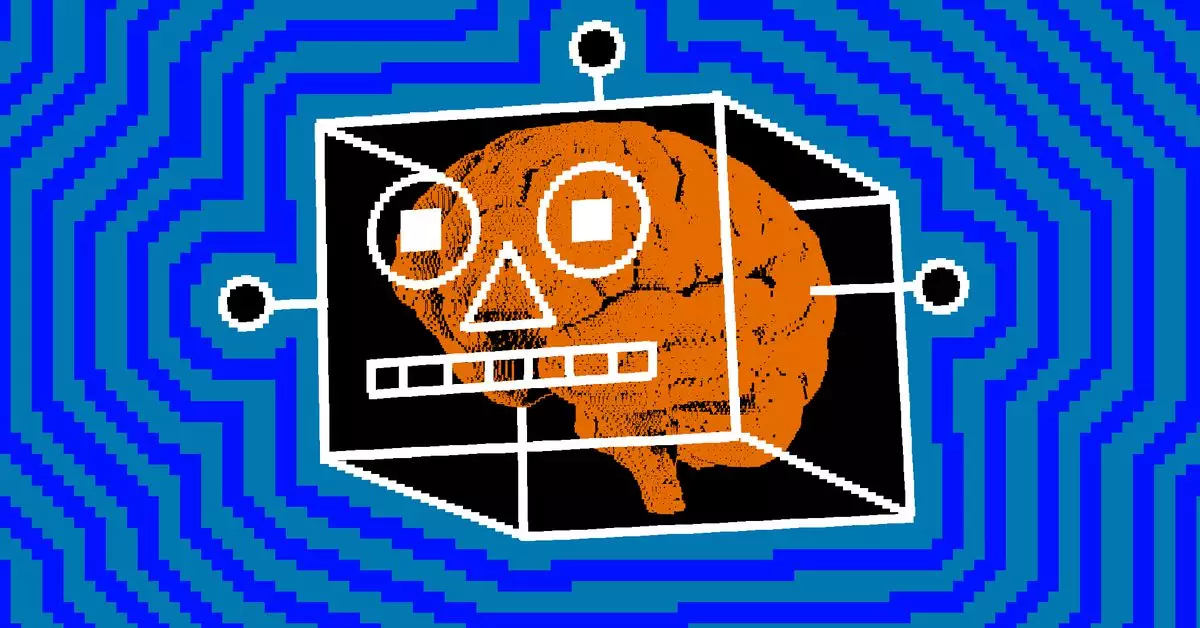The tech industry is abuzz with anticipation as Google gears up to unveil its latest innovation, known internally as Project Jarvis. This new initiative is designed to leverage artificial intelligence to streamline web-based tasks for users, offering a glimpse into the future of personal productivity. As reported by The Information, Project Jarvis aims to assist with a variety of functions such as conducting research, purchasing items online, and booking flights, all while utilizing a sophisticated large action model similar to concepts proposed by other tech giants.
At its core, Project Jarvis is powered by an advanced iteration of Google’s Gemini technology. This AI-driven tool is specifically optimized for Google Chrome, highlighting the company’s continued focus on enhancing its flagship browser’s capabilities. The feature that sets Jarvis apart is its ability to accurately interpret screenshots and execute corresponding actions, effectively replicating user behavior. The result is designed to be a seamless interface where automation becomes an extension of the user’s commands, alleviating the mundane and repetitive nature of everyday online tasks.
While the idea of such a powerful tool is exciting, it’s important to note that the initial rollout might come with limitations. Current reports indicate a slight lag—about a few seconds—between actions, which could affect the user experience. Nevertheless, even a partially functional Jarvis could transform how individuals interact with digital content, shifting from passive consumption to active facilitation.
Google is not alone in its pursuit of transformative AI models. Major tech players like Microsoft, Apple, Anthropic, and OpenAI are all venturing into similar territories with their innovative solutions. For instance, Microsoft is enhancing its Copilot Vision, which enables users to engage in interactive discussions about web pages, while Apple’s forthcoming Intelligence is expected to manage tasks across various applications smartly. Anthropic’s Claude and OpenAI’s ongoing projects are also focusing on creating user-friendly experiences through advanced automation.
What this competitive landscape signifies is a thrilling convergence of technology aimed at enhancing human capability through automation. Each company is exploring different facets of AI personal assistants, suggesting that 2024 could herald a significant leap in how we interact with technology in our daily lives.
While there is excitement surrounding Project Jarvis, it’s essential to approach this information with a degree of caution. The announcement slated for December is not guaranteed, and it appears that Google is still in the testing phase with a select group of users. This beta-testing approach allows the company to fine-tune the product and address any necessary adjustments before a wider launch.
Project Jarvis represents a pivotal moment in the evolution of AI-driven tools designed to enhance productivity. As Google prepares to showcase this innovative solution, the tech community watches closely, eager to see how it could redefine our approach to everyday web interactions. Regardless of its immediate capabilities, the implications of such technology could lead to a profound transformation in the way we manage our digital lives.


Leave a Reply